A leading consumer advocacy group has urged Samsung to perform an official recall of its Galaxy Note 7 following reports that its battery may explode while charging.
Samsung's trial by fire
So far, Samsung has only offered a voluntary replacement program and says it has stopped selling the defective product. However, Consumer Reports noted that several retailers are still selling the phone.
Despite having reportedly issued a recall for faulty Galaxy Note 7 models, Samsung has not actually filed any request to perform an official recall for a dangerous product in the U.S.
Consumer Reports stated that once Samsung were to actually file an official recall with the U.S. Consumer Product Safety Commission, it would make it illegal for retailers or owners to sell defective phones at risk for explosion.Once Samsung were to actually file an official recall with the U.S. Consumer Product Safety Commission, it would make it illegal for retailers or owners to sell defective phones at risk for explosion
Federal CPSC law outlines criteria for recalls of a product that "contains a defect which could create a substantial product hazard" and "creates an unreasonable risk of serious injury or death." The agency has the authority to initiate a recall on its own, based on its investigation of reports from individuals or safety advocates.
Consumer Reports stated that Samsung did not respond to its requests for more information, and did not provide any information on the specific serial numbers affected by the defect.
Instead, the company has only offered the statement, "for customers who already have Galaxy Note 7 devices, we will voluntarily replace their current devices with a new one over the coming weeks."
Samsung has listed 35 incidents involving Note 7 battery issues, but did not detail the extent of those issues. A series of photos of charred Note 7 devices have appeared on the web, suggesting that the issue could easily result in serious injury or fires.
Back in 2008, Microsoft was forced to perform a recall on defective Xbox 360 machines after having cut corners during production to save on design and manufacturing costs. The recall ultimately cost the company $1 billion, far more than it saved in shipping a defective product. That occured even after earlier power supply issues resulted in a lethal fire related to the company's original Xbox console.
Danger, danger! High voltage (when we touch)
Samsung's Note 7 battery explosion problem appears to be related to the company's aggressive fast charging efforts for the Note 7's large capacity battery, which is dependent upon high voltage charging to deliver higher increased energy. Samsung's marketing page for the Note 7 states "we know time is of the essence."
While typical USB 2 chargers (like those used for iPhone and iPad) operate at 5 Volts and draw between 5 and 10 Watts (the standard iPhone and larger iPad adapters, respectively), Samsung's Galaxy Note 7 ships with a USB Type C adapter that operates at up to 12 volts and can draw up to 25.2 watts.
Electrical voltage is comparable to the pressure of water in a pipe, while wattage is analogous to the total amount of water delivered by a pipe over a specific period of time. Higher voltage increases the risk of an electrical short or overheating if a product is not safely designed to accommodate a faster flow of current.
Higher voltage power supplies aren't inherently more dangerous, however. Apple's MacBook uses a USB Type C power adapter that delivers 29 watts of power at up to 14.5 volts. The company's MagSafe 2 power adapters for MacBook Air deliver a maximum 20 volts and 45 watts, while its MacBook Pro models use adapters that deliver 60 to 85 watts of power at 20 volts.
The USB "Power Delivery" (USB PD) specification associated with USB 3.1 and Type C cables can support up to 20 volt adapters that supply up to 100 watts of power, although the device being powered needs to be designed to safely accommodate those higher current charging modes.
Just weeks ago, Samsung's Galaxy was drowning
In July, Consumer Reports reported that Samsung's Galaxy S7 also failed to deliver on its advertised IP 68 specifications for water immersion.
At the time, the company offered to replace failed devices and fix its waterproofing, but could not ensure that customers who believed its marketing claims would not lose their photos or other data related to a water resistance failure.
Antennagate & Bendgate got more media attention
Back in 2010, Consumer Reports made headlines for refusing to recommend Apple's iPhone 4 due to reception issues related to interference by hand placement on its antenna design. However, the site continued to rank iPhone 4 as being the "best smartphone available" despite the issue.
In 2014, the site also weighed in on the "Bendgate" media frenzy targeting iPhone 6, performing testing that showed that Apple's new product was not actually as fragile as it was being depicted.
Consumer Reports stated that the larger iPhone 6 Plus was actually more resilient to bending than the standard iPhone 6, and that both of Apple's new larger iPhone 6 models held up significantly better to deforming and breakage than the HTC One, which was widely considered to be a well designed phone with no apparent structural bending issues.
Unlike Samsung's waterproofing claims and the basic expectation that a cellular phone shouldn't catch on fire while charging via its bundled adapter, Apple made no marketing claims that its phones would not experience any signal attenuation or could survive being physically destroyed, given excessive force.
Fun with Google Trends... https://t.co/Zjhd96hAhO pic.twitter.com/2NXnJ3ScGi
— Philip Elmer-DeWitt (@philiped) September 2, 2016
Above, Philip Elmer-DeWitt of Apple 3.0 noted that according to Google Trends, the media focused intense attention on Apple's Bendgate while Samsung has issued a series of actual product recalls, none of which has garnered even a blip of comparable chatter online, continuing from three years prior to Peak Bendgate in late 2014 and across the last two years since.
 Daniel Eran Dilger
Daniel Eran Dilger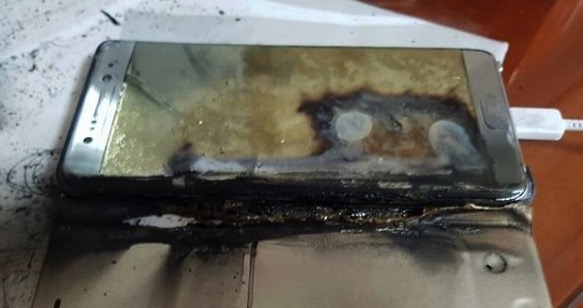

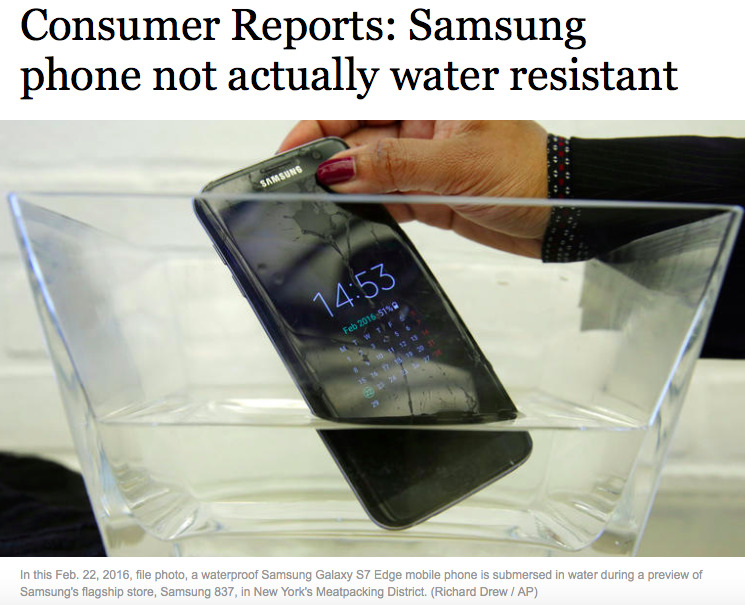




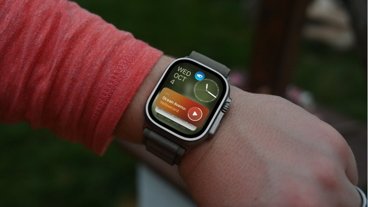


-m.jpg)





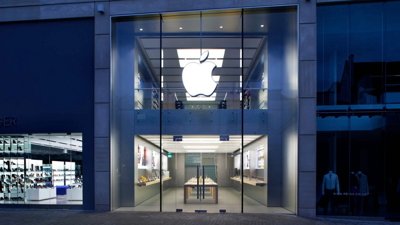
 William Gallagher
William Gallagher
 Andrew O'Hara
Andrew O'Hara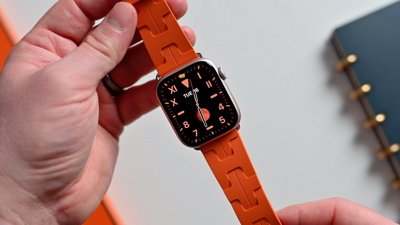
 Andrew Orr
Andrew Orr
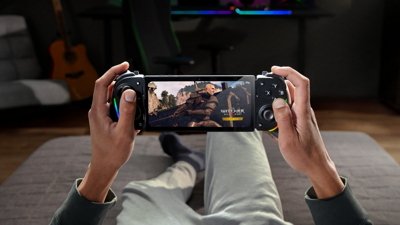
 Malcolm Owen
Malcolm Owen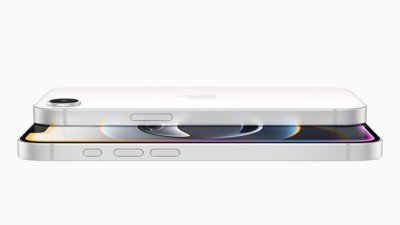
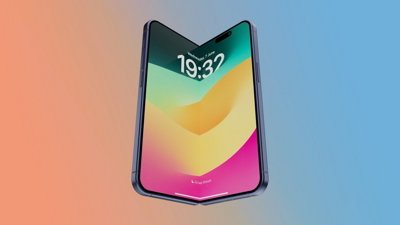




-m.jpg)






60 Comments
I believed the aggressive charging was probably the cause, but since Samsung has stated that it is the battery, I'll have to take their word for it.
If this is in fact limited to a few lots of product that will be replaced, then Samsung should consider themselves lucky. If, on the other hand, the problem persists at all, then Samsung will be in a deeper hole due to trust.
I look at all people who own a Samsung, or ANY Android device for that matter, and just shake my head and walk away, and hope to GOD they don't ask me for tech support with it, which they almost always do!
Samsung's Karma ran over its Dogma.